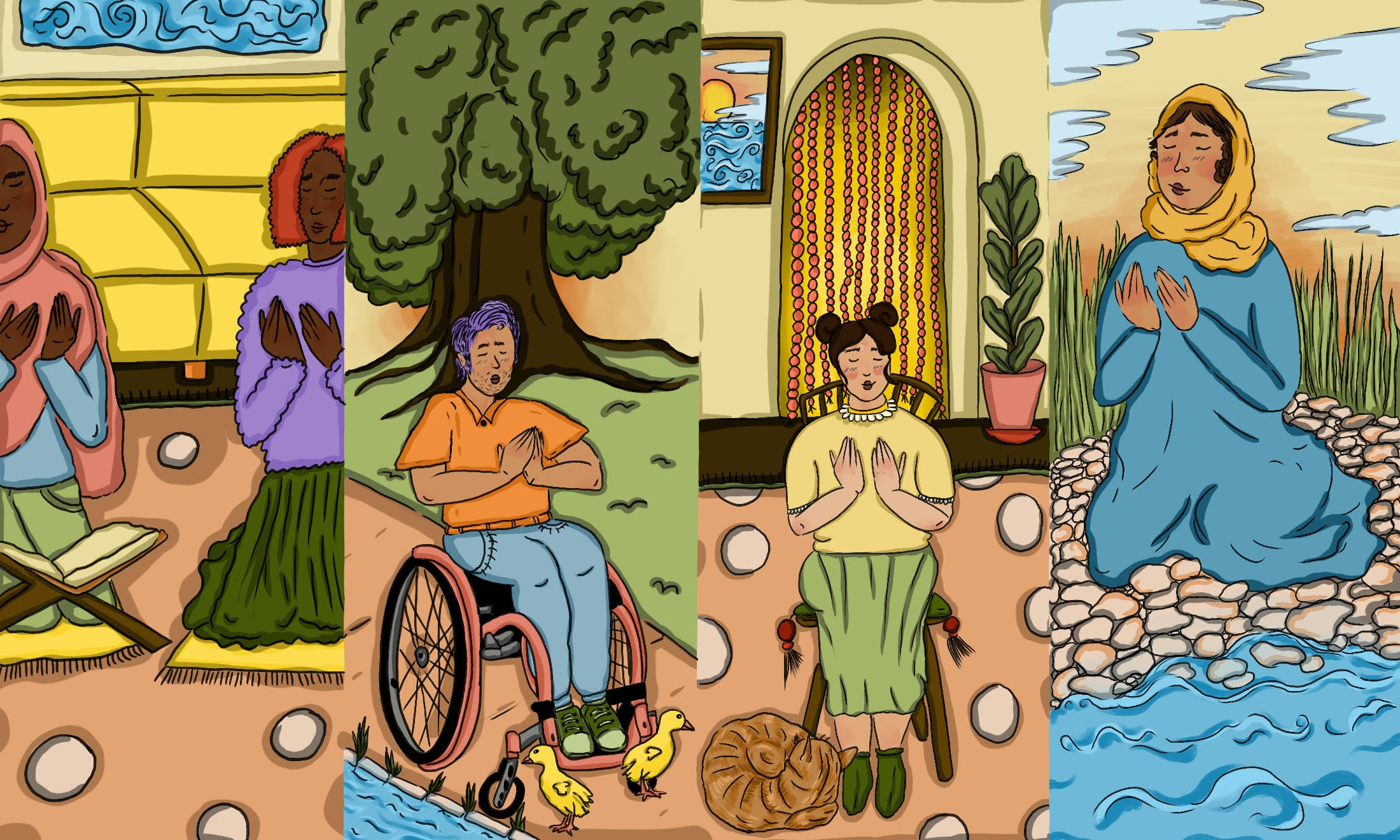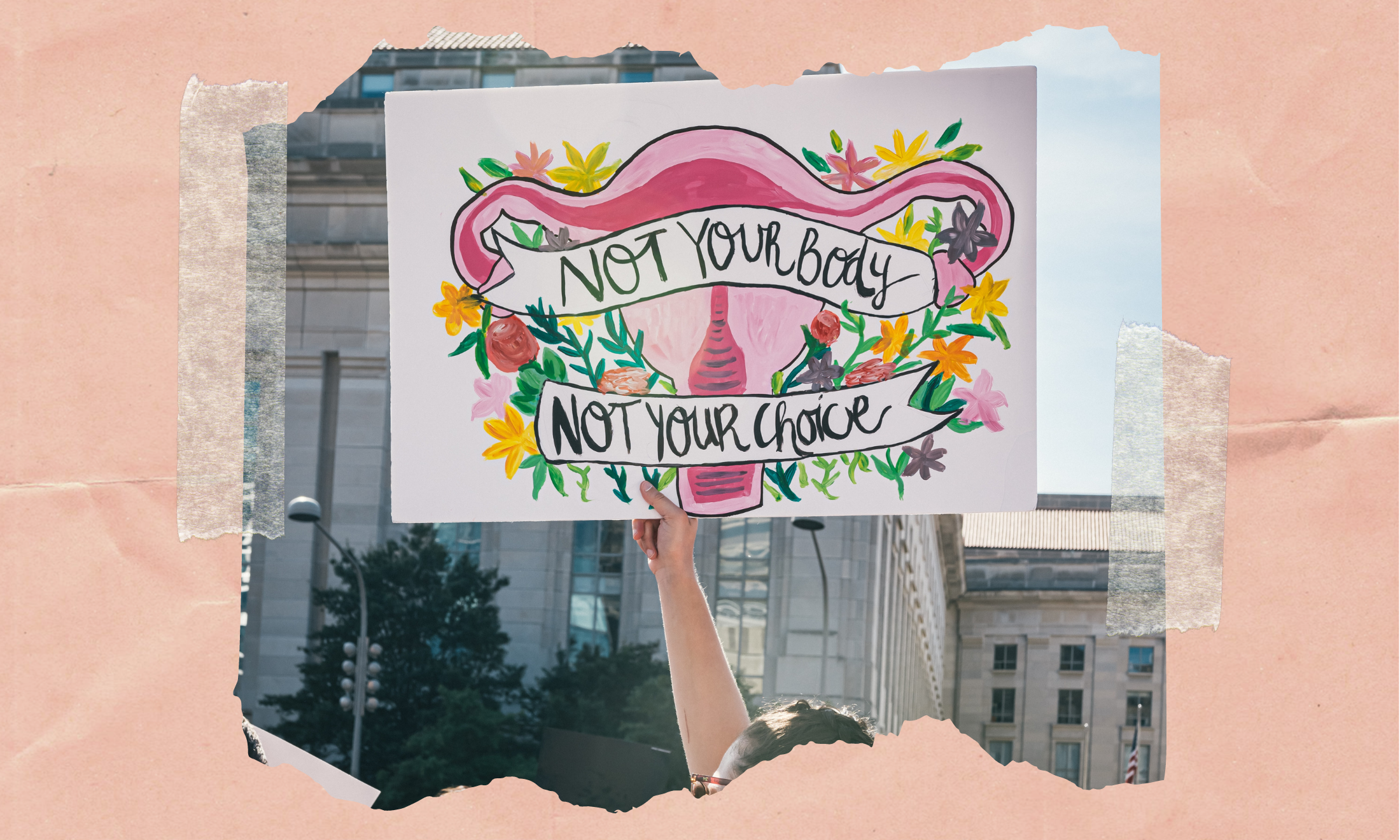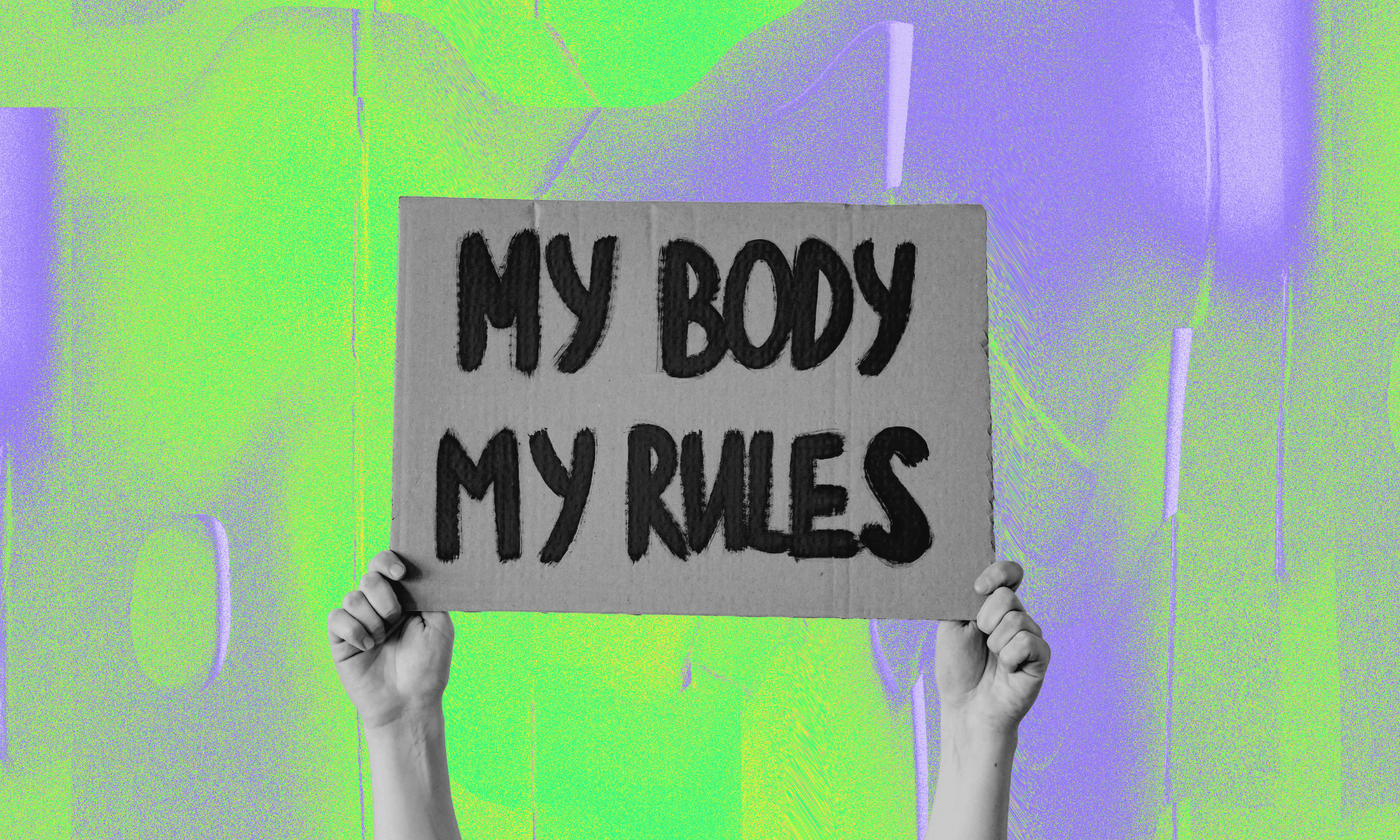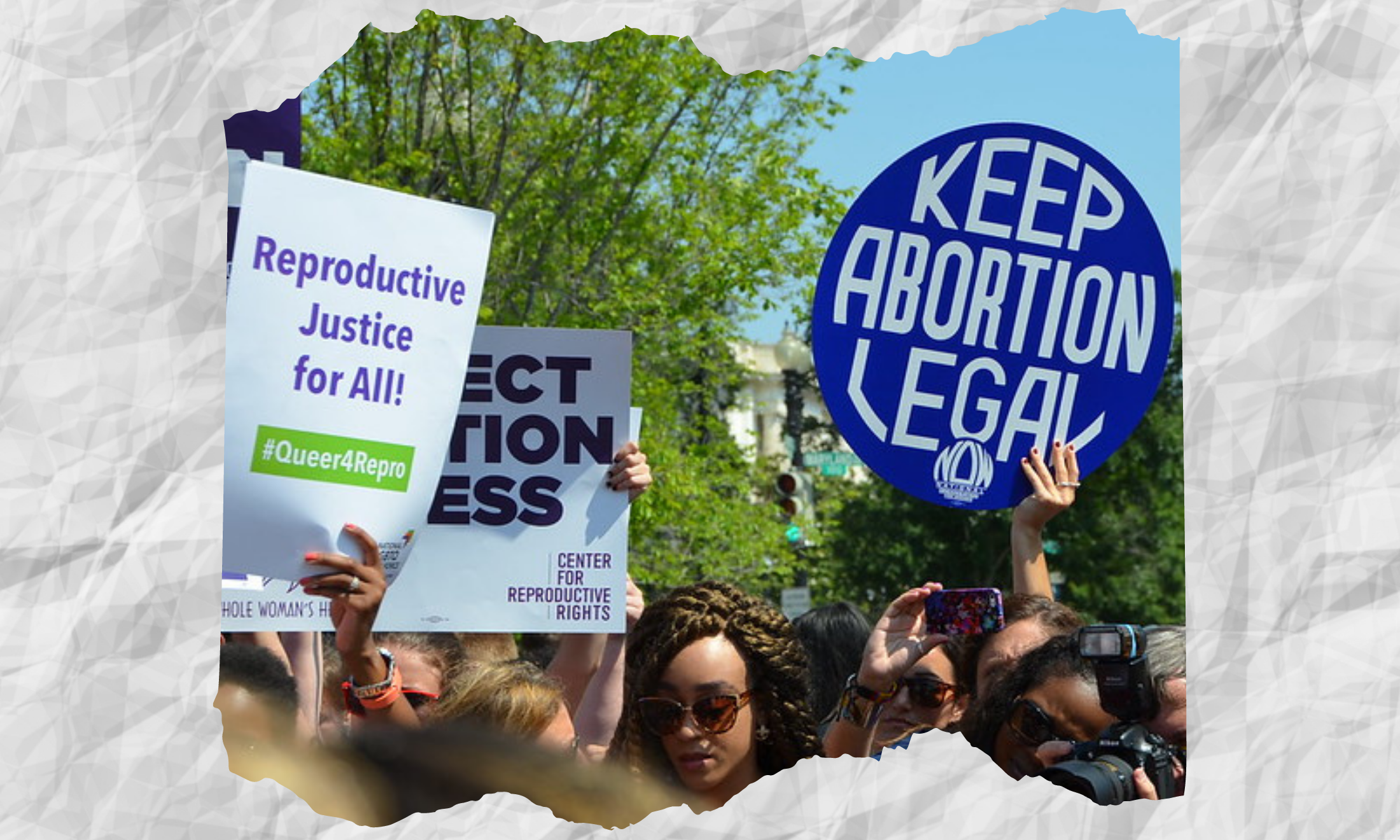
Regressive abortion laws in the US will hit people of colour and the poor the hardest
Varshini Vijayakumar
23 May 2019
Image via the ACLU of Alabama
Last week three US states passed bills severely restricting access to abortion, with several states passing similar bans earlier this year. You’ve probably seen the photo circulating on Twitter of the 25 Alabama senate members who voted for the ban. Yes, they are all white men, but the bill was written by Terri Collins and signed by Governor Kay Ivey: both white women (a demographic that overwhelmingly voted for Trump). It is predicted that people of colour and poor people will be hit hardest by the new bills; while wealthier citizens can travel to procure abortion, the poorest (who are disproportionately Black and Latinx) cannot do so as easily.
This year, Georgia, Mississippi, Kentucky and Ohio all passed ‘heartbeat’ bills which ban abortion as soon as a “foetal heartbeat” is detectable on ultrasound. This framing is misleading: foetuses do not have fully-formed hearts at this stage of development. A “foetal heartbeat” is a tiny electrical impulse, usually detectable after six weeks of pregnancy. Note that pregnancy is dated from the first day of a person’s last period – so two weeks of a missed period (assuming a regular 28 day cycle) is dated as a six week pregnancy, regardless of the date of conception. Most abortions happen after this time, as people often don’t yet know they’re pregnant.
Missouri’s new bill bans abortion after eight weeks gestation. Alabama’s new bill is the most severe abortion law in the US, banning abortion from conception with no exceptions in cases of rape and incest. Alabama currently only has three abortion clinics in-state. These new bills have been described by commentators and judges as unconstitutional, and as possible attempts to overturn key reproductive rights. 45 years ago, the landmark Roe v. Wade ruling secured some abortion rights – legal abortions were performed before this ruling, but under severe restrictions. Norma McCorvey (Jane Roe), who had been denied an abortion in Texas, took her case to the US Supreme Court, leading to the decision that safe abortion services were a constitutional right.
From policies attacking trans people to Brett Kavanaugh’s appointment to the Supreme Court, sexual and reproductive rights are under attack in the US and beyond under the Trump administration. Trump also reinstated Reagan’s “global gag”, a policy denying funding to any worldwide NGOs who offer, fund or support access to safe abortion. Trump’s iteration of the gag also refuses financial backing for projects which support people affected by and living with HIV, tuberculosis, and malaria if the NGO delivering the work supports abortion – depriving vital global health initiatives of as much as $8 billion of US funding.
“These bills do not seek to protect a foetus; rather to regulate the bodies that house them”
During the vote over the abortion ban in Alabama, pro-life Senator Clyde Chambliss was challenged on the difference between the routine disposal of leftover IVF embryos and early termination of pregnancies. He replied that “the egg in the lab doesn’t apply. It’s not in a woman. She’s not pregnant”, confirming that these bills do not seek to protect a foetus from the moment of conception; rather to regulate the bodies that house them.
While the legislators clearly intended to target cisgender women, people of all genders access abortion services and will of course be affected by the new laws; it is vital that abortion discourse does not exclude trans men and non-binary people.
Georgia’s bill states that “unborn children are a class of living, distinct person” – essentially declaring foetuses as legal humans and granting them rights equivalent to a human independent of the womb. It follows that terminating a pregnancy would be equivalent to murder. The full impact of this ruling is still unclear, but women in the US have already been criminalised for miscarrying. In 2012 in New York, a pregnant woman miscarried following a car accident. As she wasn’t wearing a seatbelt, she was subsequently found guilty of the manslaughter of her unborn child and sentenced to up to nine years in prison.
“A “chilling effect” is common when abortion is criminalised, meaning healthcare professionals may act more cautiously than the law requires”
Alabama’s bill states that abortion is legal when “necessary to prevent a serious health risk” to the parent, but the same bill sees doctors face imprisonment for 99 years for performing an abortion. A “chilling effect” is common when abortion is criminalised, meaning healthcare professionals are unsure about their limitations and may act more cautiously than the law requires to avoid being criminalised themselves. This results in a lower quality of healthcare and risk to the patient. In Northern Ireland*, procuring an abortion can lead to life imprisonment under a law instated in 1861, and in 2012 Savita Halapannavar died from septicaemia after her abortion request was refused. Marginalised groups face higher rates of criminalisation and incarceration in general, so are likely to be targeted by new avenues of criminalisation.
Significant work is being done to resist these moves: the abortion bills and Alabama’s ban are not yet in effect but are set to come into force in 2020. The American Civil Liberties Union (ACLU) and Planned Parenthood (who you can donate to here and here) have filed lawsuits against the bills and have successfully blocked Kentucky’s bill. The National Network of Abortion Funds supports low-income individuals seeking abortion across US, with The Yellowhammer Fund providing funding for anyone seeking care at one of Alabama’s three abortion clinics with support from Flawless Hacks, who have agreed to match all donations.
Let’s be clear: making abortion illegal will never stop it happening. Abortion is one of the safest medical procedures available, but restrictive laws simply drive people to take legal risks by sourcing their own medication or resorting to more dangerous methods. These bans seek to criminalise and control marginalised bodies, and we cannot allow their proponents to do so unchecked. Sexual and reproductive autonomy must be a right, not a privilege.
*UK residents can write to their MPs and urge them to support abortion legislation at Now for NI.









